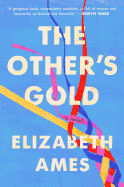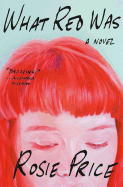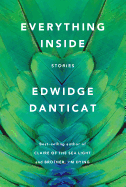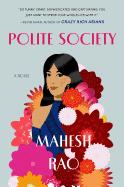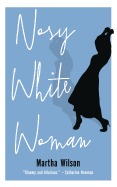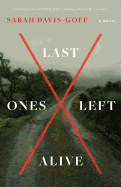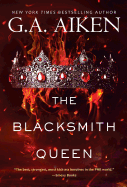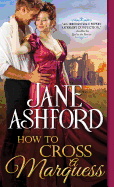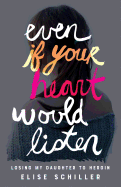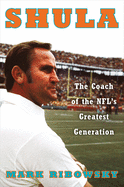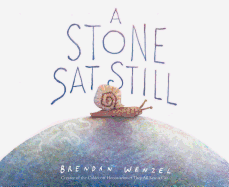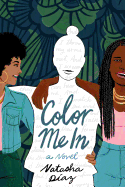Before There Was Stonewall
The half-century anniversary of the 1969 Stonewall riots this year drew much fanfare to the significance of that historical moment. It's undeniably encouraging to see the strides made since and, perhaps counterintuitively, continues to pique my curiosity for what came beforehand.
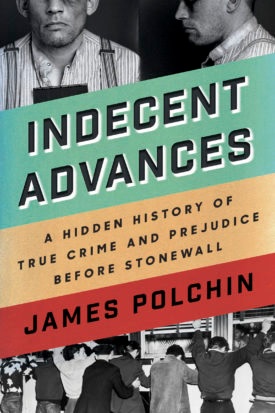 One book I have found indispensable this summer has been Indecent Advances: A Hidden History of True Crime and Prejudice Before Stonewall (Counterpoint, $26) by James Polchin. Extrapolating from news clippings from the early 20th century, Polchin reads between the lines of reportage, teasing out the homosexual implications of certain stories of violent crime. In many of these cases, two unrelated men check into a hotel, but only one checks out. Perhaps more chilling is the way each defendant leans into "gay panic" as motivation--fearful self-defense when faced with "improper advances." Polchin shows how lawyers and newspapers approached these trials with overt and lurid bias, implicating victims in their own deaths. As a result, such defense strategies became viable, and gay men became easy targets for more violence.
One book I have found indispensable this summer has been Indecent Advances: A Hidden History of True Crime and Prejudice Before Stonewall (Counterpoint, $26) by James Polchin. Extrapolating from news clippings from the early 20th century, Polchin reads between the lines of reportage, teasing out the homosexual implications of certain stories of violent crime. In many of these cases, two unrelated men check into a hotel, but only one checks out. Perhaps more chilling is the way each defendant leans into "gay panic" as motivation--fearful self-defense when faced with "improper advances." Polchin shows how lawyers and newspapers approached these trials with overt and lurid bias, implicating victims in their own deaths. As a result, such defense strategies became viable, and gay men became easy targets for more violence.
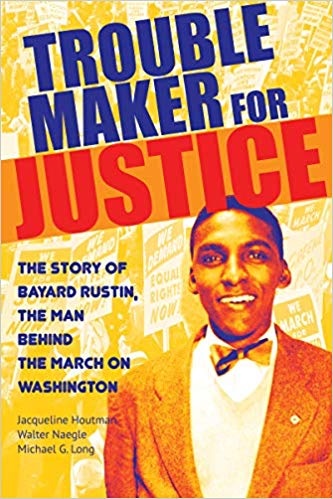 Further illumination of this time period is found in Troublemaker for Justice ($13.95) by Jacqueline Houtman, Walter Naegle and Michael G. Long. It's a slim biography of Bayard Rustin, who inspired Dr. Martin Luther King Jr. toward nonviolent resistance during the civil rights era. The first YA book from San Francisco publisher City Lights, Troublemaker is an excellent introduction to the gay black Quaker called "Mr. March-on-Washington himself" by friends and undercut by opponents for his sexual orientation. When South Carolina Senator Strom Thurmond sought to derail the March, he targeted Rustin as a pervert. Philip Randolph, though, defended his friend and co-activist with a declaration of utter confidence in Rustin's "character, integrity, and extraordinary ability."
Further illumination of this time period is found in Troublemaker for Justice ($13.95) by Jacqueline Houtman, Walter Naegle and Michael G. Long. It's a slim biography of Bayard Rustin, who inspired Dr. Martin Luther King Jr. toward nonviolent resistance during the civil rights era. The first YA book from San Francisco publisher City Lights, Troublemaker is an excellent introduction to the gay black Quaker called "Mr. March-on-Washington himself" by friends and undercut by opponents for his sexual orientation. When South Carolina Senator Strom Thurmond sought to derail the March, he targeted Rustin as a pervert. Philip Randolph, though, defended his friend and co-activist with a declaration of utter confidence in Rustin's "character, integrity, and extraordinary ability."
The history of social (in)justice runs deep, and these two books are tremendous additions to that legacy. --Dave Wheeler, associate editor, Shelf Awareness




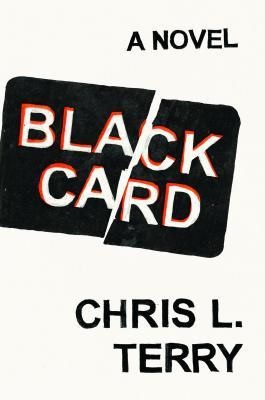 Book you're an evangelist for:
Book you're an evangelist for: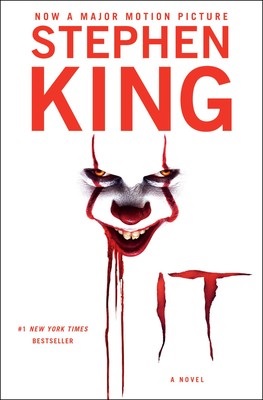 It Chapter Two, the conclusion to the two-part movie adaptation of Stephen King's It, opens September 6. The first film, released in 2017, set box office records for an R-rated horror movie. The two films, like the 1990 miniseries, switch between child and adult characters battling a shape-shifting predator in Derry, Maine, that emerges at regular intervals to feed on children. The most common form It takes is Pennywise the clown, played to great effect by Tim Curry in the miniseries and by Bill Skarsgård on the big screen. A group of outcast 11-year-olds band together to defeat the creature, or so they think, until It reappears decades later. In the novel and miniseries, these time periods are split between the 1950s and 1980s. The first film placed the childhood sequence in the '80s, with its sequel set in the modern day. The adult cast includes Jessica Chastain, James McAvoy and Bill Hader, with Finn Wolfhard and the other child actors reprising their roles as the young Losers Club. A movie tie-in edition is available from Scribner ($19.99, 9781982127794). --
It Chapter Two, the conclusion to the two-part movie adaptation of Stephen King's It, opens September 6. The first film, released in 2017, set box office records for an R-rated horror movie. The two films, like the 1990 miniseries, switch between child and adult characters battling a shape-shifting predator in Derry, Maine, that emerges at regular intervals to feed on children. The most common form It takes is Pennywise the clown, played to great effect by Tim Curry in the miniseries and by Bill Skarsgård on the big screen. A group of outcast 11-year-olds band together to defeat the creature, or so they think, until It reappears decades later. In the novel and miniseries, these time periods are split between the 1950s and 1980s. The first film placed the childhood sequence in the '80s, with its sequel set in the modern day. The adult cast includes Jessica Chastain, James McAvoy and Bill Hader, with Finn Wolfhard and the other child actors reprising their roles as the young Losers Club. A movie tie-in edition is available from Scribner ($19.99, 9781982127794). --